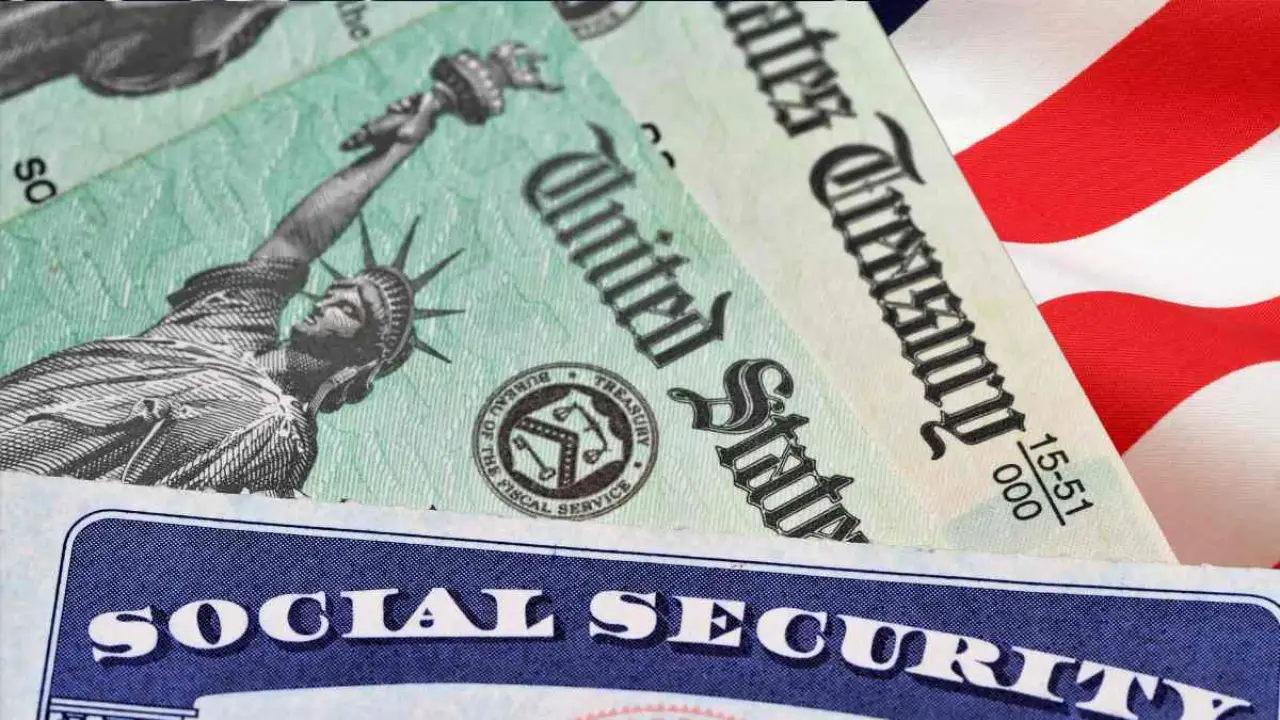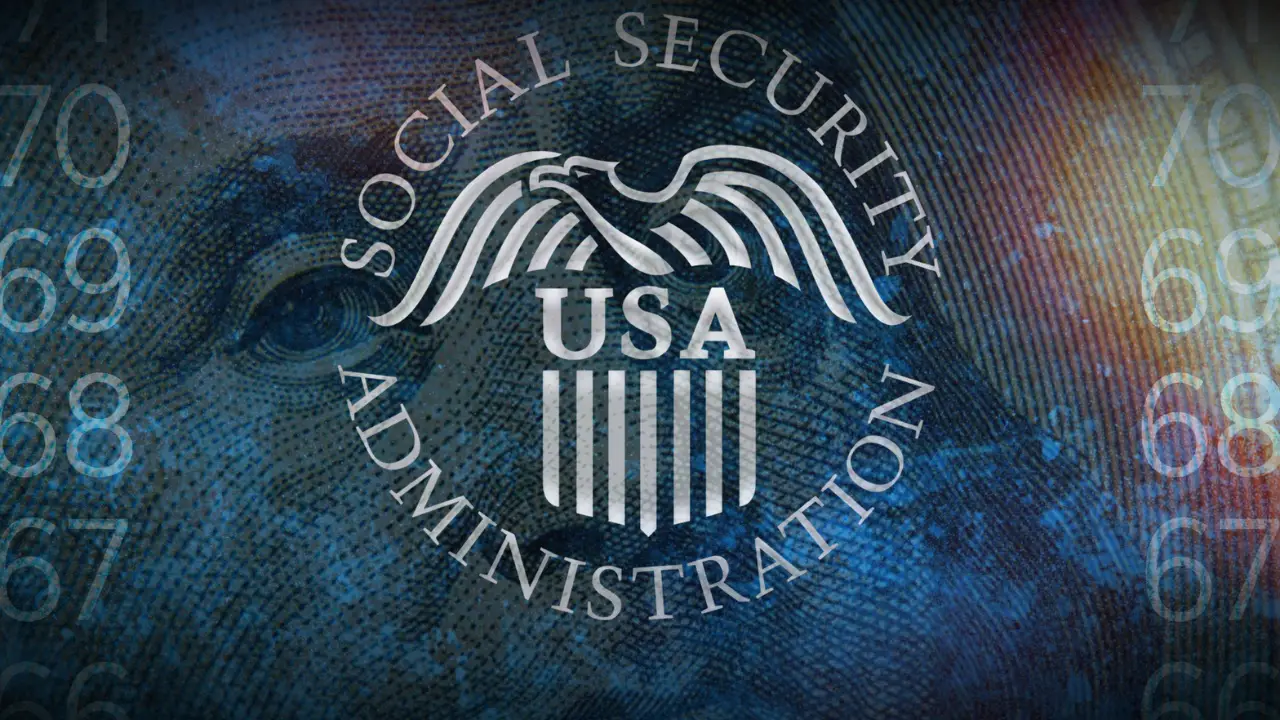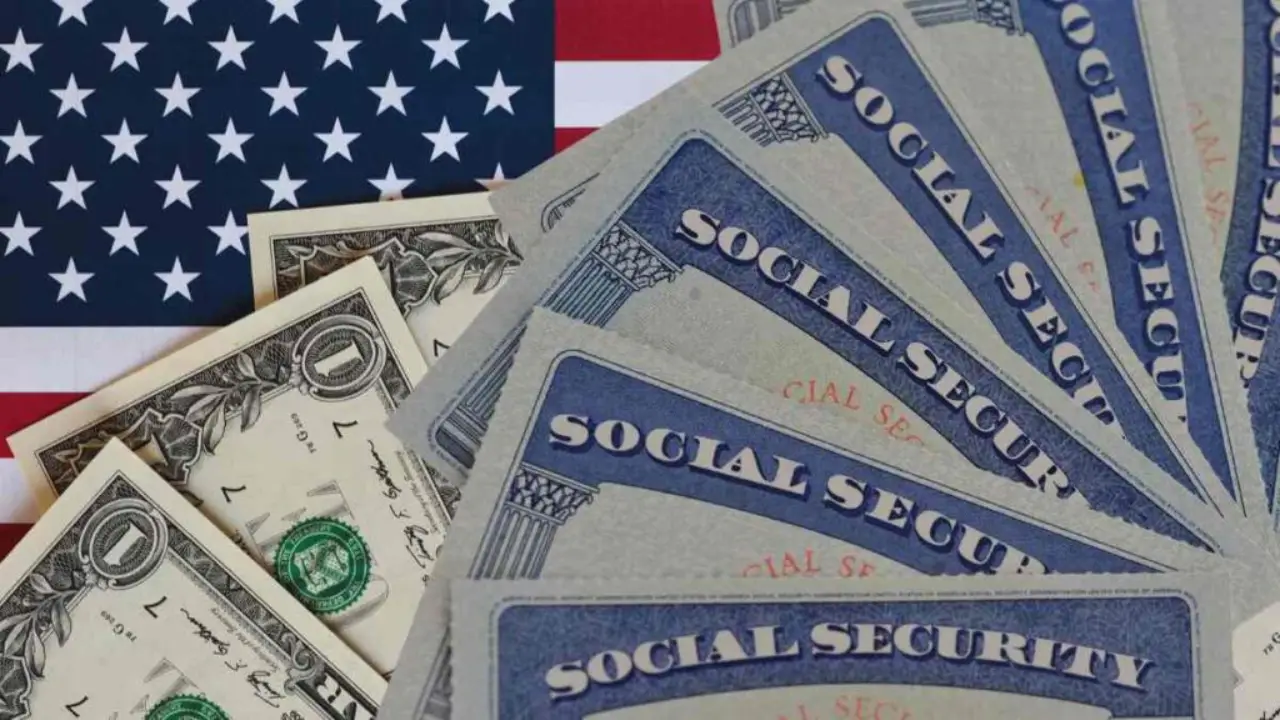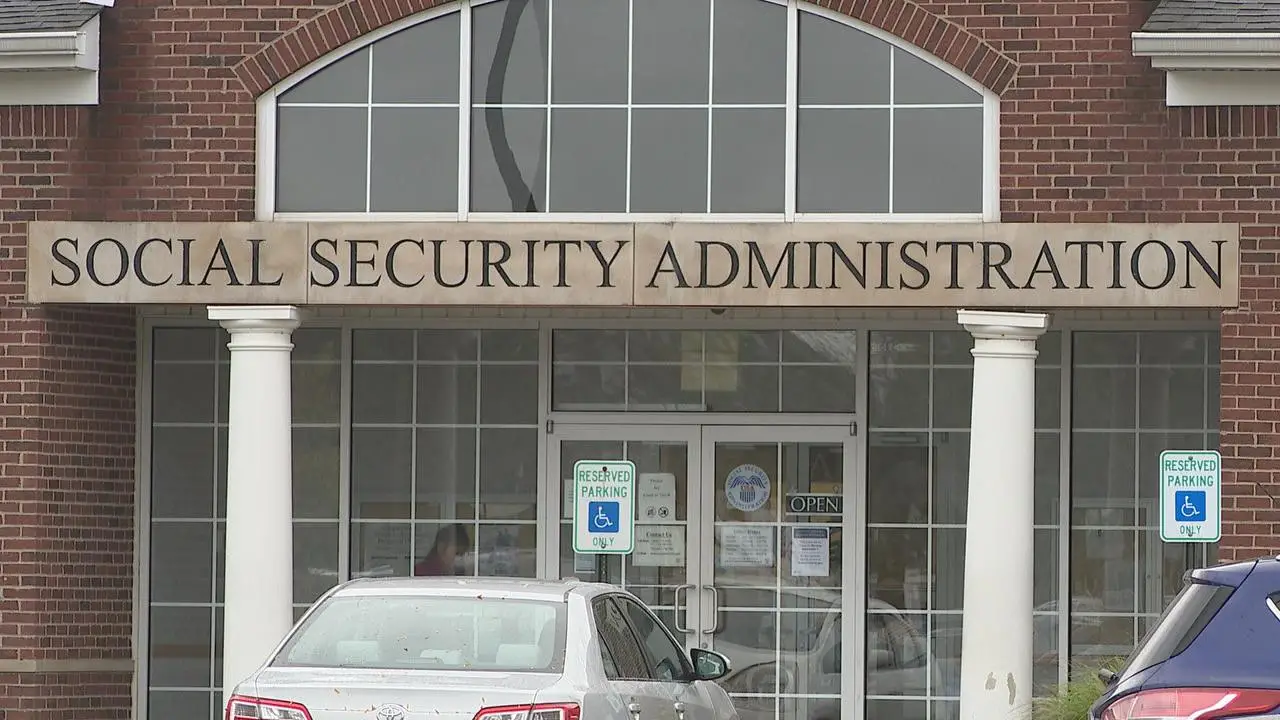A government shutdown could cause problems for Social Security recipients, but there’s good news—checks will still be sent out.
The Social Security Administration (SSA) has confirmed that benefits will not stop, even if other government operations face disruptions.
Since Social Security funding is separate from the federal budget being debated in Congress, these payments are secure. However, many other SSA services may be affected, which could create difficulties for beneficiaries.
Shutdown’s Effect on SSA Services
As the possibility of a government shutdown increases, federal agencies are preparing contingency plans.
The SSA’s deputy commissioner, Chad Poist, has stated that benefit payments will continue. This follows past court rulings that require SSA to keep issuing payments during funding lapses.
Despite this, some services could be delayed or paused. Routine operations like handling overpayments, replacing lost Medicare cards, and processing Freedom of Information Act (FOIA) requests are expected to stop.
These disruptions will be due to the furlough of around 8,500 SSA employees, who will be sent home without pay until a new budget is approved.
Essential services, such as making payments, will remain operational. However, beneficiaries might experience delays when dealing with other concerns, such as adjusting benefits or resolving errors. This could be frustrating for people who rely on timely support from the SSA.
Senate Approves Bill to Increase Social Security Benefits

Amid the shutdown worries, there’s also news of a new bill designed to enhance Social Security benefits for certain retirees.
The Senate recently passed the Social Security Fairness Act with strong bipartisan support, and it now awaits approval from President Biden.
If signed into law, the act will remove the windfall elimination provision (WEP) and the government pension offset (GPO).
The WEP currently reduces benefits for individuals who receive pensions from employers that do not pay into Social Security.
Meanwhile, the GPO lowers spousal and survivor benefits for those whose partners worked in similar jobs.
By eliminating these provisions, the bill aims to increase payments for retirees and other affected individuals, especially those in the public sector.
Critics Warn About Financial Risks
Although the bill has gained support, critics argue it may not be the right move. Republican senators and financial experts have raised concerns about its impact on the federal budget and Social Security’s long-term health.
The Congressional Budget Office (CBO) estimates that the bill would add $196 million to the federal deficit over the next decade. Critics also say the changes would benefit only a small group of people, particularly high-income earners in the public sector while increasing costs for taxpayers.
Organizations like the Cato Institute have voiced their concerns, calling the bill unfair to private-sector workers and warning that it could strain Social Security funds.
They suggest that instead of focusing on eliminating these provisions, lawmakers should prioritize strengthening the program for all beneficiaries.
How Beneficiaries Might Be Affected?
For the majority of Social Security recipients, the potential government shutdown will not affect their monthly checks.
However, those dealing with specific issues, such as benefit corrections or overpayments, may experience delays.
The new Social Security Fairness Act, if signed into law, could be a significant change for certain retirees.
Public-sector employees, such as teachers and police officers, who have seen reduced benefits under WEP or GPO, could finally receive full payments.
However, for other taxpayers and beneficiaries, the financial implications remain uncertain.
What’s Next?
The SSA is focused on ensuring payments continue uninterrupted, even during a shutdown. Beneficiaries should be aware of possible delays in non-essential services and plan accordingly.
Regarding the Social Security Fairness Act, its future now depends on President Biden’s decision. If approved, it could bring relief to many retirees, but critics will likely continue to debate its financial consequences.
As these developments unfold, Social Security recipients and taxpayers must stay informed. Changes to benefits or service disruptions could directly impact millions of Americans, especially seniors who rely heavily on these programs.
Conclusion
Social Security checks are safe for now, even if a government shutdown occurs. While essential services will continue, other SSA operations may face delays, causing inconvenience for some.
The new Social Security Fairness Act could provide much-needed support to certain retirees by eliminating provisions that reduce benefits. However, it’s also sparking concerns about its potential costs and the strain it could place on taxpayers.
Whether it’s preparing for potential disruptions during the shutdown or understanding the changes brought by new legislation, staying updated is essential for anyone relying on Social Security benefits.
Note- Every piece of content is rigorously reviewed by our team of experienced writers and editors to ensure its accuracy. Our writers use credible sources and adhere to strict fact-checking protocols to verify all claims and data before publication. If any error is identified we promptly correct it and strive for transparency in all updates.




